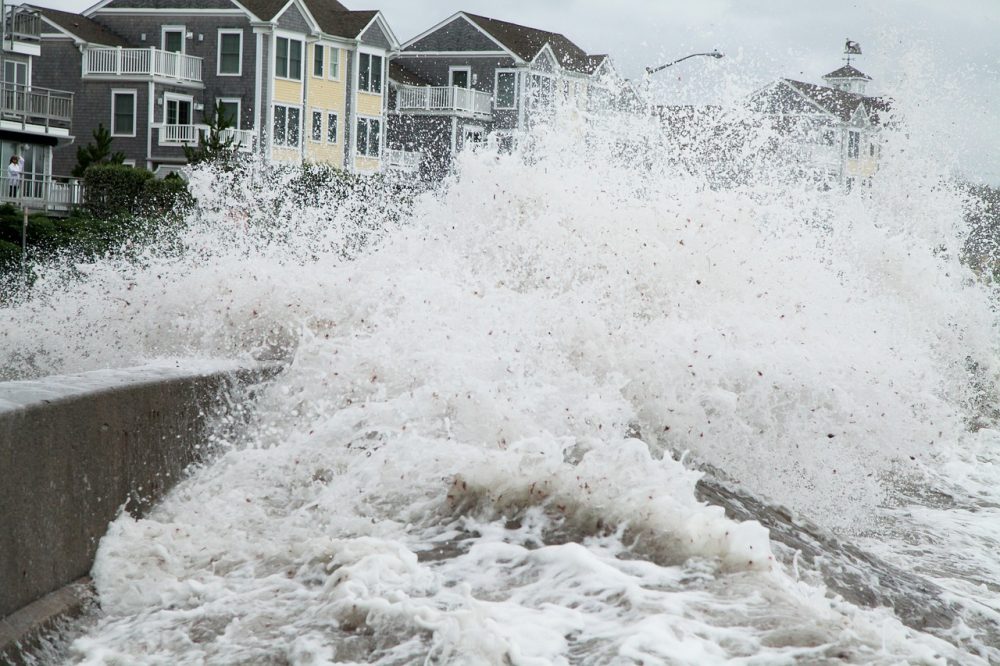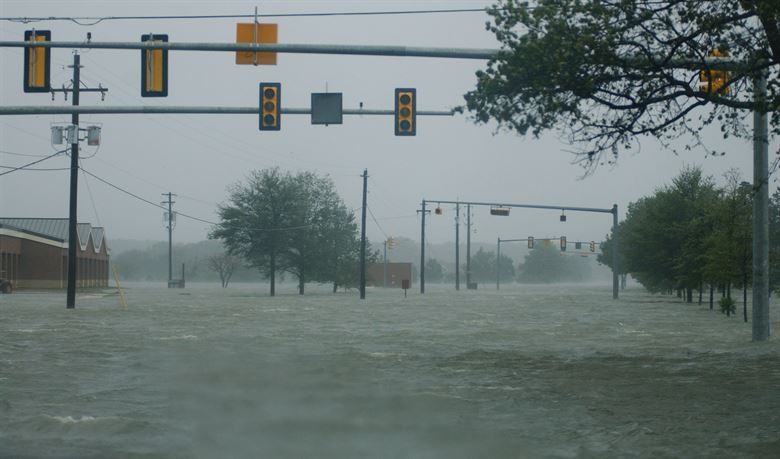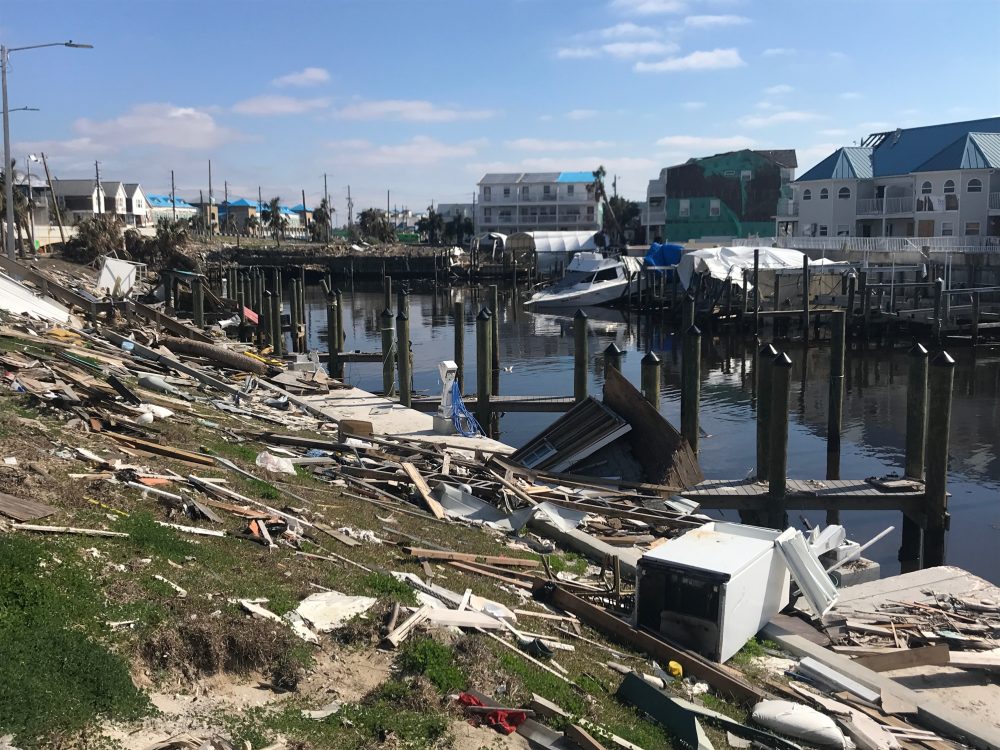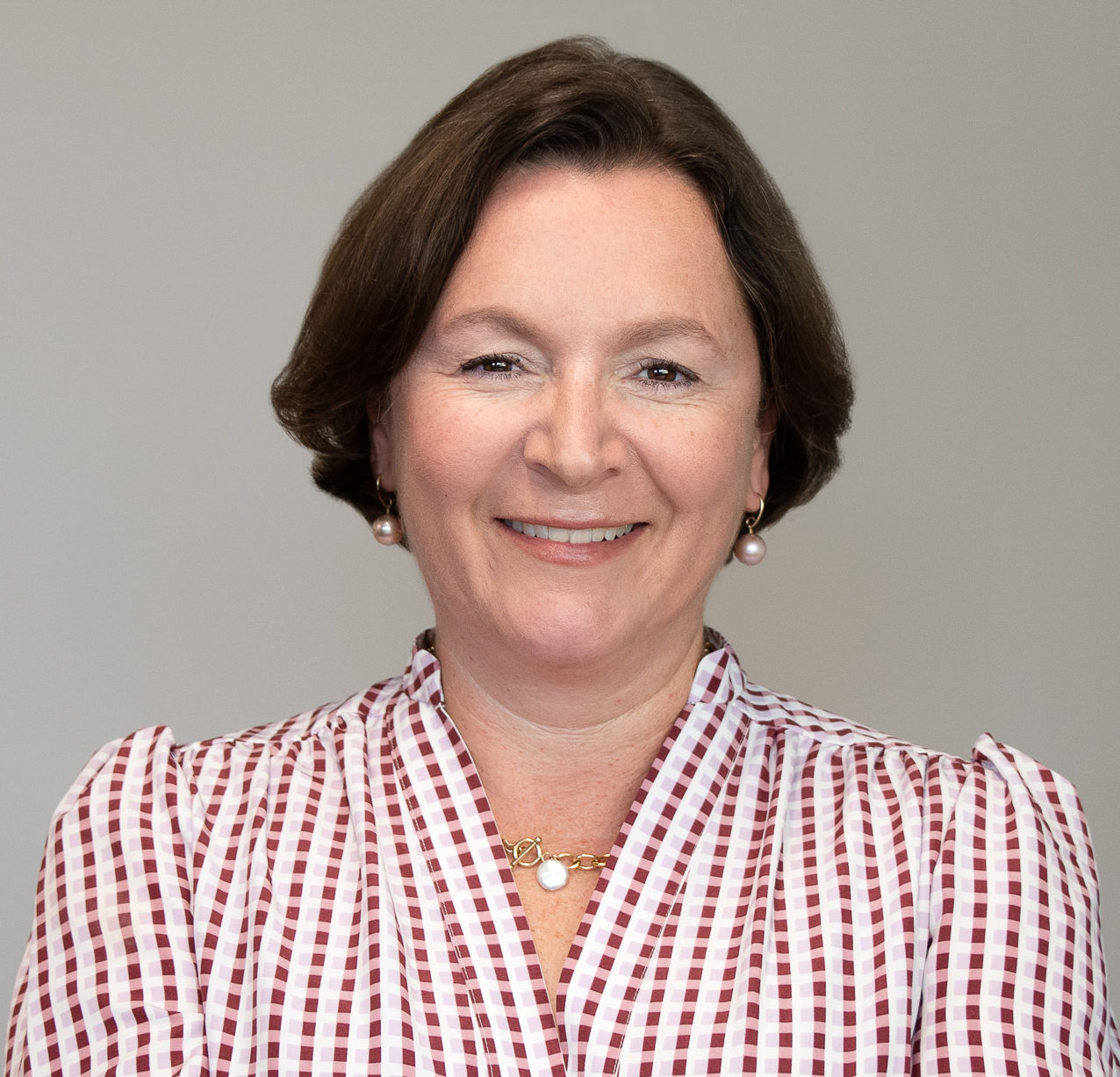Hurricane Season – Look What’s Coming
2020 was a doozy, y’all. And, I am not even referring to the pandemic here. In hurricane season terms, last year was the first year since 2005 (yes, Katrina) that we looped into the Greek alphabet. That means that we used up all of the 21 Roman alphabet names (note – not all letters make […]

2020 was a doozy, y’all.
And, I am not even referring to the pandemic here. In hurricane season terms, last year was the first year since 2005 (yes, Katrina) that we looped into the Greek alphabet. That means that we used up all of the 21 Roman alphabet names (note – not all letters make it into NOAA’s naming taxonomy) and nine named storms into the Greek alphabet. We saw, and residents along the Atlantic rim experienced 30 hurricanes. My colleague, Tanya, a resident of New Orleans, believes that she was in the cone of uncertainty between six and eight times last year. As I like to say, that’s crazy busy.
This leads me to two sobering statements:
- Early prediction models all expect 15-18 named storms, 7-9 hurricanes and 2-4 major hurricanes (Category 3 or higher) this season. This is considered to be above-average Atlantic hurricane activity.
- The National Hurricane Center is going to begin issuing tropical weather outlooks and forecasts starting on May 15 instead of June 1 as it recognizes that severe tropical weather is forming earlier in the calendar year (for those of you reading this blog during hurricane preparedness week, May 15 is now).
National Hurricane Preparedness Week is an opportunity to remind the philanthropic community that the time to start planning for hurricane season is now. And, with the pandemic still guiding our daily lives, we need to prioritize preparedness.
To help you mark Hurricane Preparedness Week and plan for the start of the 2021 season, we are sharing these four strategies for effective disaster giving:
1. Be Prepared to Address Disasters on Multiple Fronts
Remember the six basic principles to help guide philanthropy:
- Take the long view.
- Recognize there are places private philanthropy can help that government agencies might not.
- All funders are disaster funders.
- Support the sharing of best practices.
- Connect with other funders.
- Look to past disasters for guidance.
These principles are more important than ever, knowing that nonprofits and other responding organizations are already under pressure of increased needs and uncertain revenue.
2. Support Relief and Recovery
In the event that a hurricane strikes, CDP encourages you to allocate some of your funds for medium- and long-term recovery. This strategic approach to disaster giving focuses attention on funding long-term recovery needs, such as affordable housing and mental health services, that will become evident weeks and months after the storm.
3. Select Your Strategy
The Disaster Philanthropy Playbook offers sound guidance on how to allocate disaster resources effectively. It provides a host of strategies that funders can use to help communities. From housing and legal services to mental health and mitigation, the Playbook is an essential source for disaster-related planning and giving.
4. Advance Your Values
My advice here is simple. Consider your organization’s values and priorities and give to support:
- Organizations with whom you have existing relationships.
- Organizations that have a pre-existing presence on the ground.
- Organizations whose missions and programmatic activities match your foundation’s mission and programmatic activities. Advance your own internal expertise!
- Issue areas that are unfunded or underfunded. Know what other private funders, governmental bodies and local communities are prioritizing—and then support issue areas outside of those priorities.
- Underserved populations – BIPOC communities, children, medically dependent, older adults, new Americans, people with disabilities and others that are disproportionately affected by hurricanes and other disasters because of systemic inequities.
I believe that disaster events, with the continued overlay of the pandemic, are going to continue to challenge philanthropy to better serve communities. We are going to be asked to give more, give differently and fund issues and ideas that have never hit our desks before.
However, I do continue to believe that if we in philanthropy implement the strategies outlined above, we can shore up and strengthen disaster-affected communities.
More like this

The Time to Prepare is Now

